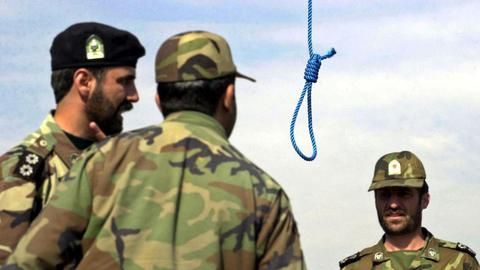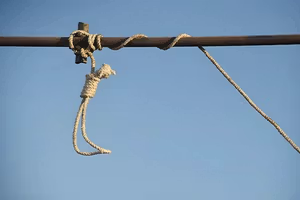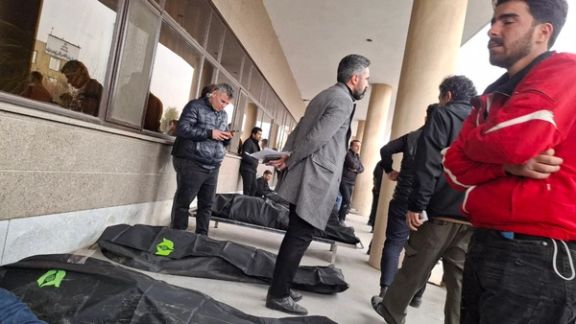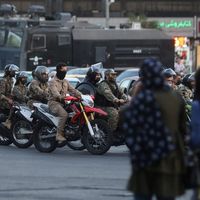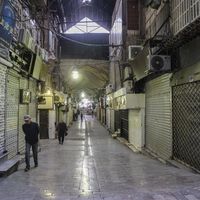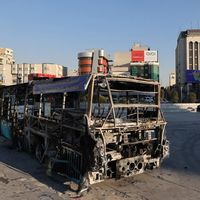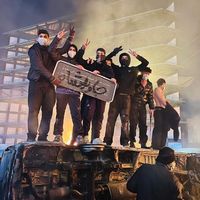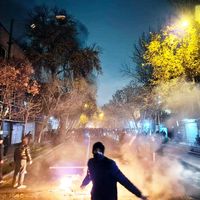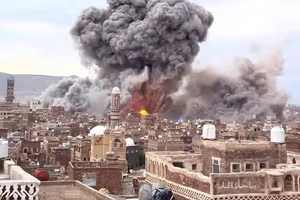Based on a recent cabinet decision, Tehran lawmaker Hamid Rasaei wrote on X, the cost of fuel delivery and station commissions will soon be added to the pump price, raising the state-subsidized rate from 15,000 rials (about $0.014) per liter to roughly 55,000 rials ($0.05) per liter.
The administration insists no price hike is planned. However, the cabinet recently approved a comprehensive energy-allocation program, which President Masoud Pezeshkian has pledged to implement.
The measure obliges the government to fix the widening gap between Iran’s gasoline production and consumption — known as the fuel imbalance — without resorting to the sudden price shocks seen in November 2019.
A series of nationwide protests in Iran, known as Bloody November, took place in 2019. Initially triggered by a 50 to 200-percent increase in fuel prices, the demonstrations quickly turned into calls for the overthrow of the Islamic Republic and Supreme Leader Ali Khamenei.
At least 1,500 people were killed by the Islamic Republic's security forces during those protests, Reuters reported at the time.
Gradual reform and multiple pricing scenarios
Officials say the policy will unfold gradually through non-price reforms such as modernizing vehicles, expanding public transport, promoting compressed natural gas (CNG) use, and improving energy efficiency.
A step-by-step rise in prices would come only after these measures are in place and would follow annual inflation rates.
Several pricing models are under review, according to the local media. One option would introduce a tiered system: subsidized gasoline for low-income households at about 30,000 to 40,000 rials ($0.027–$0.036) per liter, semi-subsidized fuel at 60,000 to 70,000 rials ($0.054–$0.063), and a market rate near 100,000 rials ($0.09) for luxury or high-consumption vehicles.
Another plan would assign monthly fuel quotas per person rather than per car (60 liters now), letting unused portions be sold at market rates. Broader adoption of CNG and incentives for electric and hybrid cars are also being considered to cut reliance on gasoline imports.
Debate over fairness and timing
Analysts estimate that aligning prices with inflation could raise overall consumer prices by 5 to 10 percent but help reduce smuggling, energy waste, and budget deficits.
Parliament Speaker Mohammad-Bagher Ghalibaf said on Sunday that economic reform must start with fairness rather than price hikes.
“The first step is not raising prices but making these public resources truly people-centered,” he said.
The government is expected to announce its final decision before presenting the next year’s budget, amid mounting debate over how to balance fiscal needs with public tolerance.






